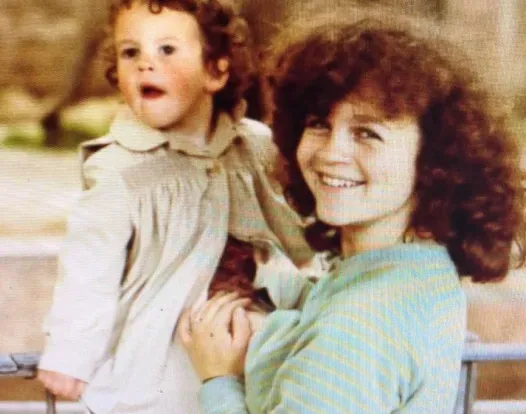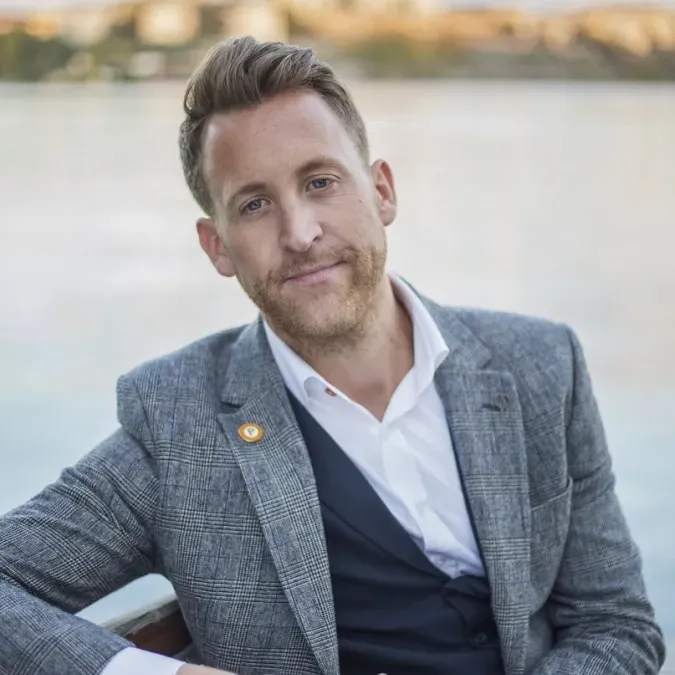Hear candid conversations between people conquering cancer – patients, their family and friends, and doctors and researchers working to help us all.
In this episode, a brother and sister honor their late mother through action and innovation.


Losing It
It’s one of the worst things Claire Paxman can recall: She’s 14, using orange-handled kitchen scissors to cut her mother’s hair.
“You shouldn’t be standing in the bathroom cutting your mom’s hair because of chemotherapy,” says Claire of that defining childhood moment and the first time she saw her mother cry. “I should have been shopping with her or teenage arguing with her.”
Though hair loss is a common chemotherapy side-effect, the visible sign of cancer treatment is often the most dreaded by patients.
How Does Scalp Cooling Work?
To help patients keep their hair during chemo treatments, the Paxmans created a scalp cooling device to restrict the amount of blood flow and chemotherapy that reaches a patient’s hair follicles.
“What happens is, we cool the scalp of the patient for about 30 minutes before the chemotherapy infusion, during the chemotherapy infusion, and on average 90 minutes after, depending on the type of chemotherapy,” explains Rich.
As the Paxmans discovered with their mom and have learned from others, patients have personal and unique motivations to keep their hair.
“We know about people who've got parents with Alzheimer's, dementia and they don't want them to not recognize them,” says Claire.
“Just tens and tens of thousands of individual reasons why people want to keep their hair,” adds Rich, “and the last one is vanity.”
Disclaimer
The purpose of this podcast is to educate and to inform. The podcast is provided on the understanding that it does not constitute medical or other professional advice or services. It is no substitute for professional care by a doctor or other qualified medical professional and is not intended for use in the diagnosis or treatment of individual conditions. Guests who speak in a podcast express their own opinions, experience and conclusions. Neither Conquer Cancer, the ASCO Foundations, nor any of its affiliates endorses, supports or opposes any particular treatment option or other matter discussed in a podcast. The mention of any product, service, organization, activity or therapy on a podcast should not be construed as an endorsement.

